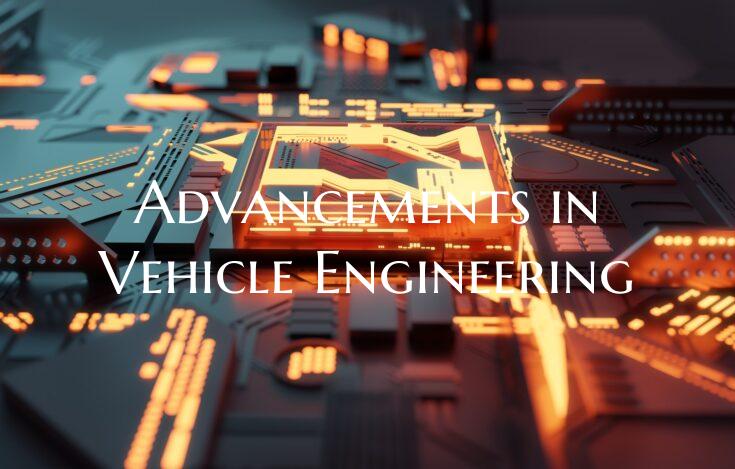Advancements in Vehicle Engineering
In recent years, the field of vehicle engineering has witnessed rapid advancements that are reshaping the automotive industry. From innovative propulsion technologies to enhanced safety features, these advancements are driving the evolution of vehicles towards greater efficiency, sustainability, and performance.
One of the key areas of advancement in vehicle engineering is the development of electric and autonomous vehicles. Electric vehicles (EVs) have gained popularity as a cleaner and more sustainable alternative to traditional internal combustion engine vehicles. With improvements in battery technology and charging infrastructure, EVs are becoming more practical for everyday use. Autonomous vehicles, on the other hand, are equipped with advanced sensors and artificial intelligence systems that enable them to navigate roads and traffic without human intervention. These vehicles have the potential to revolutionize transportation by improving road safety, reducing traffic congestion, and increasing mobility for people with disabilities.
Another important aspect of vehicle engineering advancements is the integration of smart technologies in vehicles. From connected car systems that enable seamless communication with other vehicles and infrastructure to advanced driver-assistance systems (ADAS) that enhance safety and convenience, smart technologies are transforming the driving experience. Features such as adaptive cruise control, lane-keeping assistance, and automatic emergency braking are becoming standard in modern vehicles, contributing to the reduction of accidents and fatalities on the road.
Furthermore, advancements in materials engineering are leading to the development of lighter and stronger materials that improve the overall performance and efficiency of vehicles. Lightweight materials such as carbon fiber composites and aluminum alloys are being increasingly used in vehicle construction to reduce weight, increase fuel efficiency, and enhance structural integrity. These materials enable automakers to design vehicles that are not only safer and more durable but also more environmentally friendly due to reduced energy consumption.
In conclusion, the continuous advancements in vehicle engineering are driving innovation and transforming the automotive industry. From electric and autonomous vehicles to smart technologies and advanced materials, these advancements are shaping the future of transportation towards a more sustainable, safe, and efficient mobility ecosystem. As vehicle engineers continue to push the boundaries of technological innovation, we can expect to see even more exciting developments that will redefine the way we move from one place to another.

